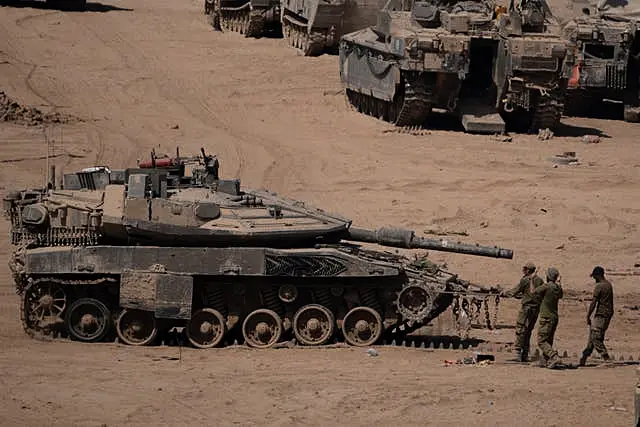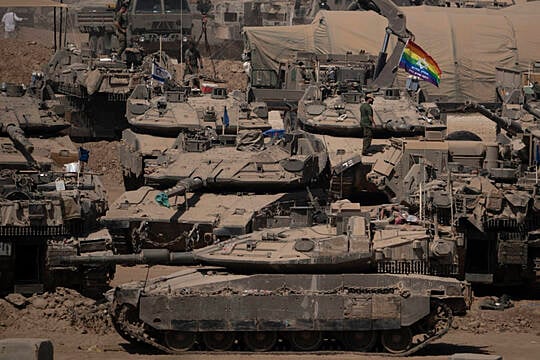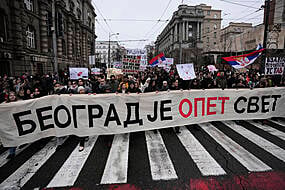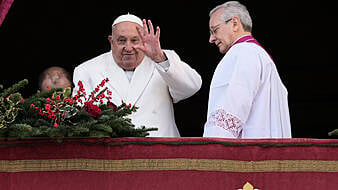Palestinian officials, on behalf of the “State of Palestine”, have applied for permission to join South Africa’s case at the top UN court accusing Israel of genocide in Gaza.
The request, published on Monday, says that Israel’s ongoing military operation is “part of a systematic effort to wipe Palestinian society and its culture and social institutions from the map”.
The request to the International Court of Justice was signed by Palestinian Authority foreign ministry official Ammar Hijazi.

South Africa filed its case with the world court late last year, accusing Israel of breaching the genocide convention in its military assault that has laid waste to large swathes of Gaza.
Israel denies it is committing genocide in its military operation to crush Hamas triggered by the deadly October 7 attacks in southern Israel.
The court has issued three preliminary orders in the case, calling on Israel to do all it can to prevent deaths in the enclave, ramp up humanitarian aid and, most recently, halt its offensive in Rafah.
It is unclear how long the court’s judges will take to rule on the request. If granted, Palestinian officials will be able to address the court in writing and during public hearings.
In their request, the Palestinians said they are directly affected by the case.

“The Israeli onslaught has obliterated and damaged, beyond recognition, Gaza’s hospitals, mosques, churches, universities, schools, homes, shops and infrastructure, as part of a systematic effort to wipe Palestinian society and its culture and social institutions from the map,” the request says.
The request adds that Israel is violating the court’s orders and continuing with “its genocidal acts including deliberately and systematically impeding humanitarian aid, resulting in an intentionally engineered situation of starvation and a creeping famine that is increasingly imminent”.
The Palestinians have been to the court before.
In 2018, the Palestinian Authority filed a case asking its judges to order Washington to remove the relocated US embassy from Jerusalem.
The case followed the decision of the administration of then-US President Donald Trump to recognise Jerusalem as Israel’s capital and to move the US embassy there from Tel Aviv.
That case remains before the court, where cases can take years to resolve.
The International Court of Justice rules in cases between states. The United Nations General Assembly voted last month to give Palestine some new rights and privileges, but it reaffirmed that it remains a non-member observer state without full UN membership and the right to vote in the General Assembly or at any of its conferences.
The United States has made clear that it will block Palestinian membership and statehood until direct negotiations with Israel resolve key issues, including security, boundaries and the future of Jerusalem and lead to a two-state solution.







